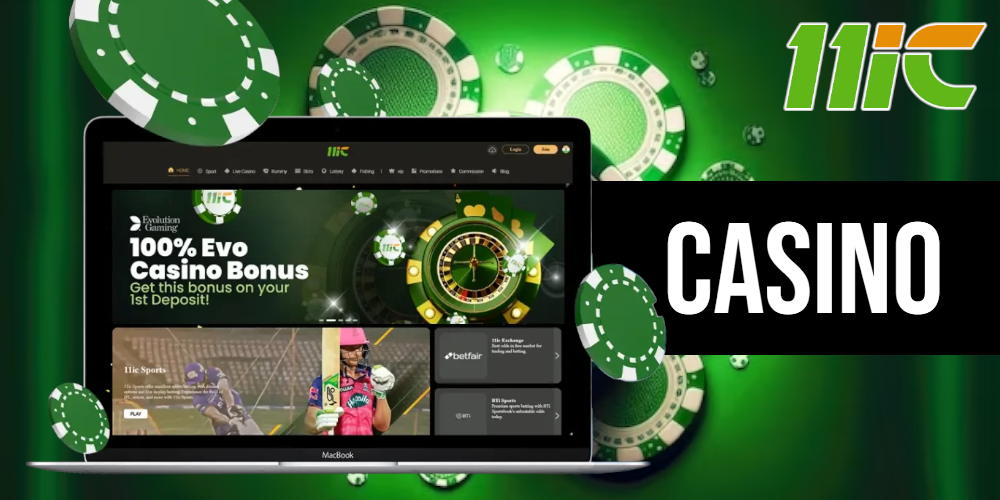Gambling, an activity deeply rooted in the cultural fabric of many societies, has changed significantly over the years. In India, the transformation is particularly striking, where traditional forms of gambling coexist with modern betting platforms. The interplay between gambling and identity formation in India is complex, influenced by cultural, social and economic factors. A prime example of this evolving situation is the emergence of online betting platforms such as 11ic casino, which cater to a diverse and expanding audience.
Historical Context of Gambling in India
Gambling in India has ancient roots: historical texts and epics such as the Mahabharata detail instances of betting and gambling. Traditionally, gambling was associated with festivals and rituals, being a form of entertainment and socialising. These cultural underpinnings have significantly influenced modern betting preferences, reflecting a combination of tradition and modernity.
The advent of the internet and smartphones has revolutionised the gambling industry in India. Platforms such as 11ic have emerged, offering a wide range of betting options from sports to casino games. These platforms have not only made gambling more accessible, but have also adapted their offerings to the cultural preferences of Indian players.
11 ic, for example, combines traditional games such as Teen Patti and Andar Bahar, appealing to the nostalgia of older generations while attracting younger users with modern sports betting options. This combination of the traditional and the modern helps to reinforce cultural identity while at the same time capitalising on new forms of entertainment.
Cultural Influences on Betting Preferences

India’s cultural diversity plays a crucial role in shaping betting preferences. Different regions have different gambling traditions and games that continue to influence modern betting choices. For example, games such as Pagade (an ancient board game) and bull running were historically popular in South India, which has influenced the types of bets placed on modern platforms.
Moreover, religious and social attitudes towards gambling differ across the country. In states such as Goa and Sikkim, where gambling is legalised and accepted by society, betting activities are more widespread. In contrast, states with stricter gambling regulations reflect more conservative attitudes that influence the type and volume of betting.
Peculiarities of Social Identity
Social identity theory suggests that people derive a sense of belonging and self-esteem from group membership. In the context of gambling, this means that players often align their preferences with those of their social groups. Peer influence is particularly strong in India, where family and community ties are deeply valued.
For example, during major sporting events such as the Indian Premier League (IPL), betting becomes a shared activity with friends and family often betting together. Platforms such as 11ic cricket capitalise on this by offering group betting options and community forums, enhancing the social aspect of gambling and strengthening group identity.
Economic Factors and the Role of Technology
Economic conditions also play an important role in shaping betting preferences. In a country with sharp economic inequalities, gambling may be seen as entertainment and a potential source of income. The appeal of fast money is particularly strong among low-income groups who may view betting as a means of improving their financial situation.
Online platforms such as 11ic game make gambling accessible to a wider audience by offering low stakes betting options, allowing participation across different economic strata. This democratisation of gambling has further entrenched it in the social structure, making it part of everyday life for many.
Technology has changed the rules of the game in the gambling industry. The widespread use of smartphones and the internet has made online betting platforms ubiquitous, according to 11ic review. These platforms use advanced algorithms and data analysis to offer personalised bets that match users’ cultural and personal preferences.
For example, 11ic uses data-driven insights to recommend bets on popular local sports and events, ensuring that offers match users’ cultural context. This personalisation increases user engagement and loyalty, further cementing gambling as an important aspect of identity formation.
The development of online betting platforms has also brought ethical and regulatory concerns to the forefront. The anonymity and convenience of online gambling can be addictive, requiring a robust regulatory framework to protect users. In India, the regulatory framework is still evolving and the debate on the legality and regulation of online gambling continues.
The relationship between gambling and identity formation in India is multifaceted and influenced by cultural, social and economic factors. Online betting platforms such as 11ic casino have capitalised on this influence by offering a mix of traditional and modern betting options that resonate with a diverse user base. As technology evolves, so will the ways in which gambling shapes and reflects the identity of Indian players.
Understanding these dynamics is critical for stakeholders in the gambling industry, including policy makers, operators and users. By recognising cultural nuances and implementing responsible gambling practices, the industry can ensure that gambling remains a positive and integral part of the social fabric in India.





